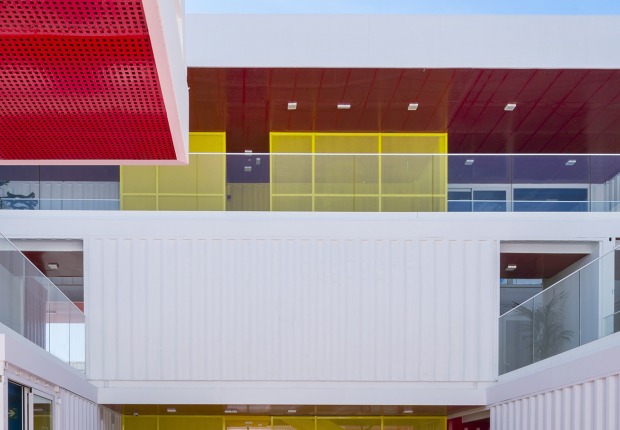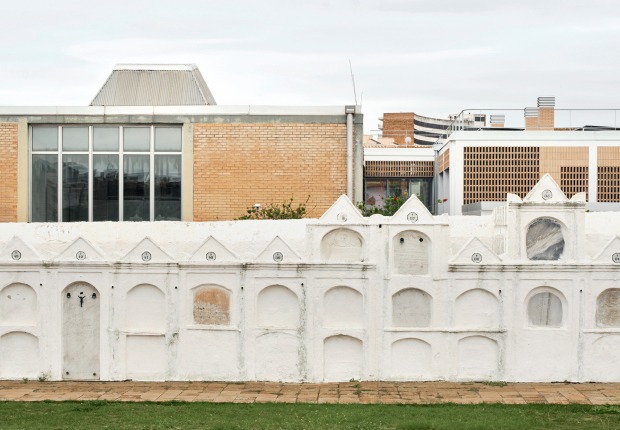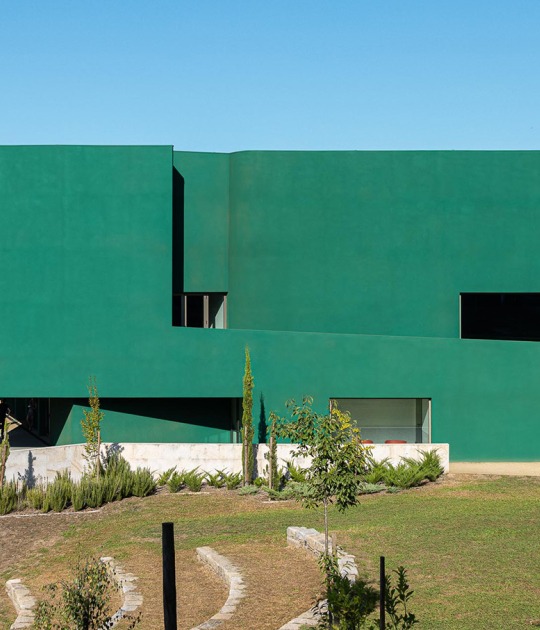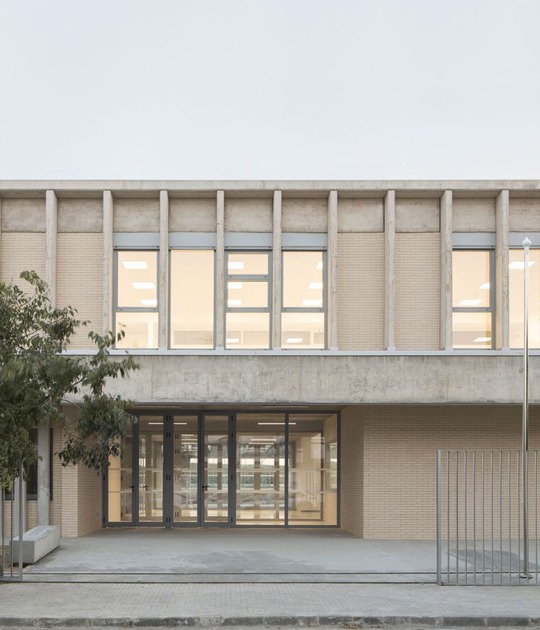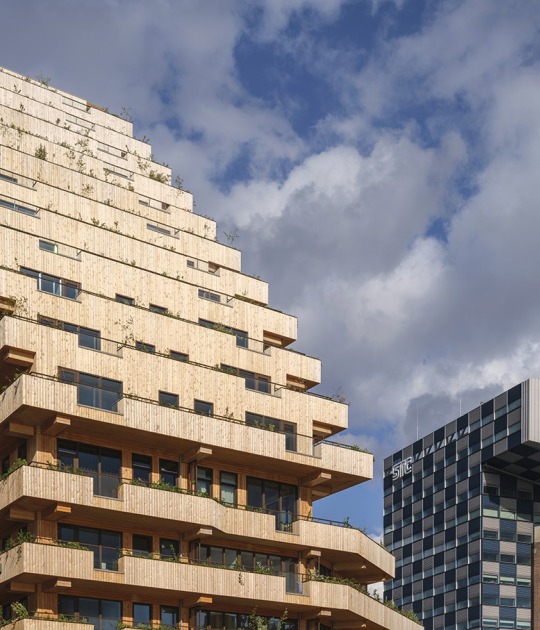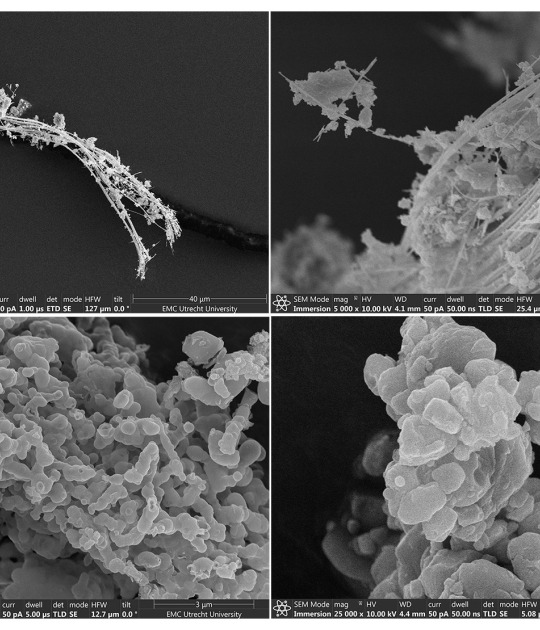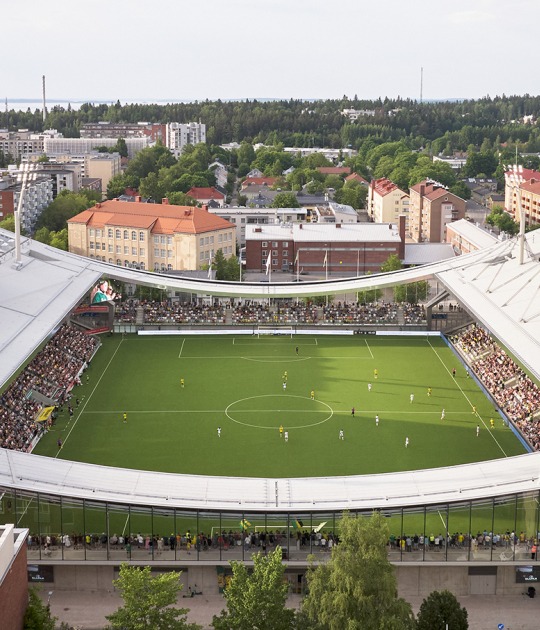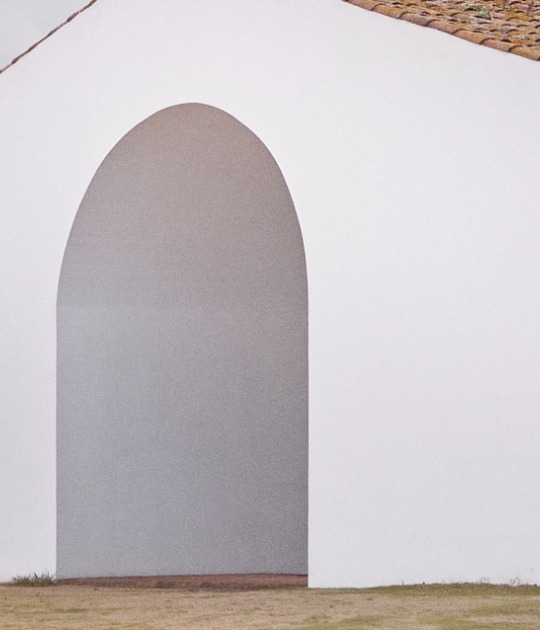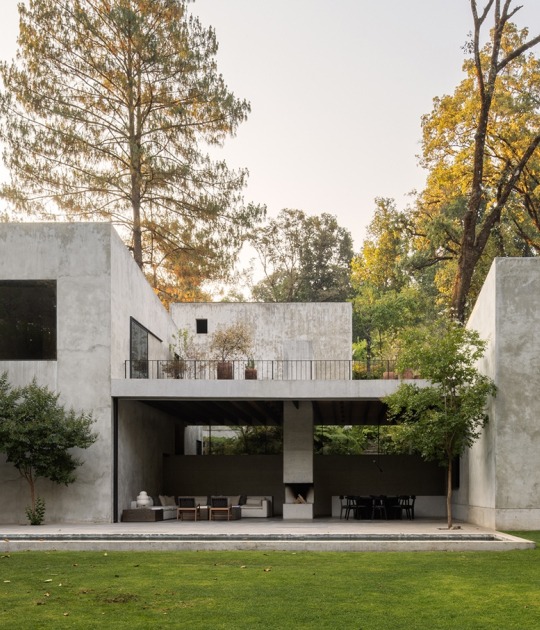Zaha Hadid Architects (ZHA) is a British architectural firm founded in 1979 by Iraqi-British architect Zaha Hadid. Following her death in 2016, the studio continued her legacy under the direction of Patrik Schumacher, who had been Hadid's close collaborator and partner since 1988. Schumacher led the firm as Principal and Chief Designer. In 2023, Stéphane Vallotton took over as studio principal, having been with ZHA since 2005 and involved in significant projects in Europe, China, and North Africa.
Headquartered in Clerkenwell, London, ZHA maintains an international network of offices in cities such as New York, Dubai, Hong Kong, Mexico City, and Beijing. The firm employs over 400 professionals from diverse disciplines and nationalities, working on projects ranging from cultural and residential buildings to urban infrastructure and digital environments.
Throughout its history, ZHA has completed more than 950 projects in 44 countries, establishing itself as one of the most influential and cutting-edge architectural firms on the contemporary scene.
Zaha Hadid (Baghdad, 31 October 1950 – Miami, 31 March 2016), founder of Zaha Hadid Architects, was awarded the Pritzker Architecture Prize (considered to be the Nobel Prize of architecture) in 2004 and is internationally known for both her theoretical and academic work.
Each of her dynamic and innovative projects builds on over thirty years of revolutionary exploration and research in the interrelated fields of urbanism, architecture and design. Hadid’s interest lies in the rigorous interface between architecture, landscape and geology as her practice integrates natural topography and human-made systems, leading to experimentation with cutting-edge technologies. Such a process often results in unexpected and dynamic architectural forms.
Education: Hadid studied architecture at the Architectural Association from 1972 and was awarded the Diploma Prize in 1977.
Teaching: She became a partner of the Office for Metropolitan Architecture, taught at the AA with OMA collaborators Rem Koolhaas and Elia Zenghelis, and later led her own studio at the AA until 1987. Since then, she has held the Kenzo Tange Chair at the Graduate School of Design, Harvard University; the Sullivan Chair at the University of Illinois, School of Architecture, Chicago; guest professorships at the Hochschule für Bildende Künste in Hamburg; the Knolton School of Architecture, Ohio and the Master's Studio at Columbia University, New York. In addition, she was made Honorary Member of the American Academy of Arts and Letters, Fellow of the American Institute of Architecture and Commander of the British Empire, 2002. She is currently a Professor at the University of Applied Arts in Vienna, Austria and was the Eero Saarinen Visiting Professor of Architectural Design at Yale University, New Haven, Connecticut.
Awards: Zaha Hadid’s work of the past 30 years was the subject of critically-acclaimed retrospective exhibitions at New York’s Solomon R. Guggenheim Museum in 2006, London’s Design Museum in 2007 and the Palazzo della Ragione, Padua, Italy in 2009. Her recently completed projects include the MAXXI Museum in Rome, which won the Stirling award in 2010. Hadid’s outstanding contribution to the architectural profession continues to be acknowledged by the world’s most respected institutions. She received the prestigious ‘Praemium Imperiale’ from the Japan Art Association in 2009, and in 2010, the Stirling Prize – one of architecture’s highest accolades – from the Royal Institute of British Architects. Other recent awards include UNESCO naming Hadid as an ‘Artist for Peace’ at a ceremony in their Paris headquarters last year. Also in 2010, the Republic of France named Hadid as ‘Commandeur de l’Ordre des Arts et des Lettres’ in recognition of her services to architecture, and TIME magazine included her in their 2010 list of the ‘100 Most Influential People in the World’. This year’s ‘Time 100’ is divided into four categories: Leaders, Thinkers, Artists and Heroes – with Hadid ranking top of the Thinkers category.





